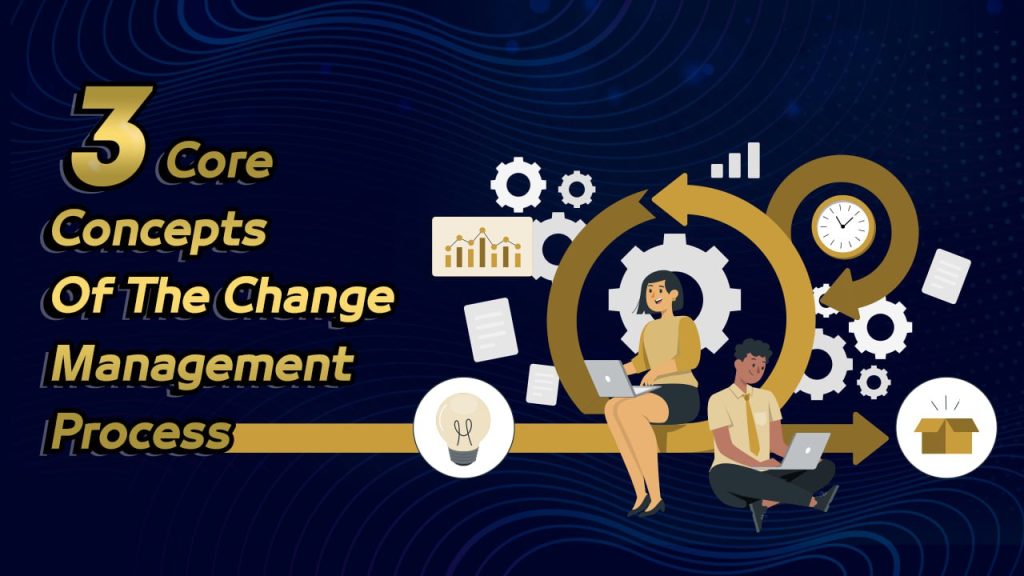In the annals of business history, the legacy of efficiency stands as a testament to the transformative power of streamlined operations. This article embarks on a journey through time, exploring the historical landscape of business efficiency, profiling pioneers, dissecting iconic efficiency transformations, and examining the role of technology and globalization in shaping a lasting legacy.
The Historical Landscape of Business Efficiency
Efficiency, as a guiding principle in business, has deep historical roots. The seeds of efficiency were sown during the Industrial Revolution, when the imperative to optimize production processes became a driving force. Early examples include textile mills employing machinery to increase output and reduce costs. The historical landscape reveals a gradual evolution, with businesses recognizing the strategic advantage of efficient operations in gaining a competitive edge.
Pioneers of Efficiency in Business
At the forefront of efficiency transformations are pioneers who reshaped the business landscape. Henry Ford’s assembly line revolutionized manufacturing, making production more efficient and affordable. Frederick Taylor’s scientific management principles introduced systematic approaches to optimize workflows. These pioneers laid the groundwork for efficiency as a fundamental business principle, leaving indelible marks on how organizations approached their operations.
Case Studies of Iconic Efficiency Transformations
The legacy of efficiency is punctuated by iconic transformations within specific businesses or industries. Consider the turnaround of Japanese automaker Toyota, which introduced the Toyota Production System, emphasizing lean principles and continuous improvement. This case study exemplifies how a commitment to efficiency can redefine organizational success and establish a lasting legacy that transcends industry boundaries.
The Evolution of Efficiency Metrics and Methodologies
Efficiency is a dynamic concept, and over time, businesses have evolved in how they measure and achieve it. Early efficiency metrics focused on output per labor hour, while modern methodologies incorporate a broader spectrum of indicators. Key performance indicators (KPIs) and efficiency benchmarks have become indispensable tools, reflecting the adaptability of businesses in refining their approaches to measure and enhance efficiency.
Technological Advancements and Efficiency
Technological advancements have been instrumental in shaping the efficiency legacy of businesses. The integration of automation, data analytics, and artificial intelligence has revolutionized how organizations operate. For instance, e-commerce giants leverage sophisticated algorithms for inventory management, ensuring products are stocked efficiently, and fulfillment processes are optimized. Technology not only enhances efficiency but becomes an integral part of the efficiency legacy.
Globalization and Efficiency in Business
As businesses expanded globally, the landscape of efficiency strategies underwent a profound transformation. Globalization necessitated the development of efficient supply chains, communication networks, and collaborative frameworks. Companies adapted their operations to thrive in a globalized marketplace, with efficiency becoming a crucial factor in maintaining competitiveness. The legacy of efficiency, in this context, is intricately tied to the ability to navigate and optimize operations on a global scale.
Sustainable Efficiency Practices
In contemporary business landscapes, the legacy of efficiency extends beyond operational gains to encompass sustainable practices. Businesses recognize the importance of environmental and social responsibility as integral components of their efficiency strategies. Sustainable efficiency practices not only contribute to cost savings but also resonate with environmentally conscious consumers, forging a legacy that aligns with broader societal goals.

Conclusion:
As we reflect on the journey through the legacy of efficiency, it becomes evident that this transformative force has been a constant companion in the evolution of businesses. From the early days of mechanization to the current era of artificial intelligence and sustainability, efficiency remains a cornerstone of success. The enduring legacy of efficiency is not just about optimizing processes; it’s about adapting, innovating, and leaving an indelible mark on the business world.
FAQs:
Q1: What is the significance of efficiency in business history?
A1: Efficiency in business history signifies a strategic imperative to optimize processes, enhance productivity, and gain a competitive edge. It has been a guiding principle, shaping the evolution of businesses and influencing their success.
Q2: How did early pioneers contribute to the legacy of efficiency?
A2: Pioneers like Henry Ford and Frederick Taylor revolutionized business operations by introducing assembly lines and scientific management principles, respectively. Their contributions laid the foundation for efficiency as a fundamental business principle.
Q3: Can you provide an example of a company that underwent an iconic efficiency transformation?
A3: Toyota’s adoption of the Toyota Production System is a classic example. By emphasizing lean principles and continuous improvement, Toyota transformed its operations, setting new standards for efficiency and influencing industries worldwide.
Q4: How has technology shaped the efficiency legacy of businesses?
A4: Technology, including automation, data analytics, and artificial intelligence, has revolutionized how businesses operate. For example, e-commerce companies use sophisticated algorithms for inventory management, enhancing efficiency and becoming integral components of the efficiency legacy.




